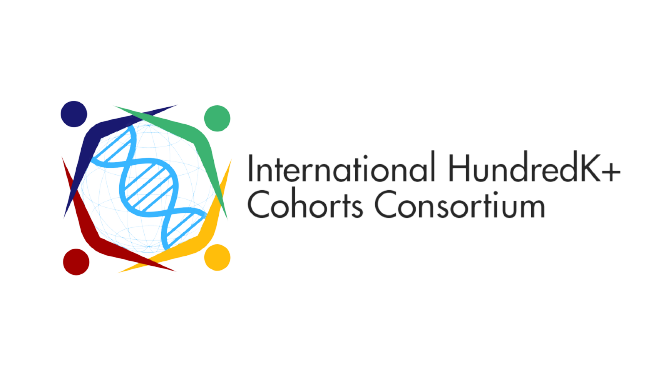Announcing Recipients of 2020 IHCC Pilot Project Awards
The International 100K+ Cohorts Consortium (IHCC) is pleased to announce the recipients of funding for the 2020 IHCC pilot project awards. Four projects were selected to receive funding, with awards totaling $630,000 USD. Funding for these awards is made possible through the financial contributions of the National Institutes of Health and the Wellcome Trust.
IHCC is a global network of large cohorts with multidimensional data from diverse populations aiming to facilitate translational research to enhance scientific understanding of the biological, environmental, and genetic basis of disease and research to improve population health. During the virtual International Cohorts Summit meeting in May 2020, a pilot project on polygenic risk scores across diverse ancestries was presented, which convincingly demonstrated the feasibility and power of working across IHCC member cohorts. The outcome was a solicitation for proposals, coordinated by the IHCC Scientific Projects Sub-Committee, to IHCC members for additional pilot projects to advance the IHCC scientific agenda for cohort research and cohort enhancement.
Priority for funding was given to pilot projects that aimed to tackle one or more of the IHCC’s scientific priority areas. These areas include the utilization of IHCC member cohorts to identify coordinated response efforts for addressing the COVID-19 pandemic; improve understanding of the causes and consequences of common, complex diseases; improve understanding of variability in response to treatments; identify strategies and resources for translating data and samples into genomic information, particularly in Low-to-Middle-Income Countries; and identify enhancements to existing cohorts and datasets.
Proposals were rated and selected by a committee of volunteer IHCC members based on the potential overall impact and scope, the significance in addressing a critical problem or barrier, the expertise of the investigator(s) or opportunity for career enhancement of a junior researcher, the innovation of approaches and resources, and the overall approach.
The IHCC Scientific Projects Sub-Committee is pleased to share the following pilot projects that have been awarded funding.
Note: Cohort participation is key to the success of these studies. Cohorts interested in participating in any of the studies below should contact IHCC at ihccinfo@ihccglobal.org.
IHCC 2020 Pilot Projects
Thanks to the IHCC Scientific Project Sub-Committee for their work on this effort: Co-Chairs Caterina Ferreccio and Geoffrey Ginsburg; Ricardo A. Armisen, Dan Brake, Phil Febbo, Daniel Freitag, Maryam Hashemian, Josep Maria Haro, Jennifer Harrow, Rongling Li, Mattew McIntyre, Andres Metspula, Alexandre Pereira, Gadi Rennert.





